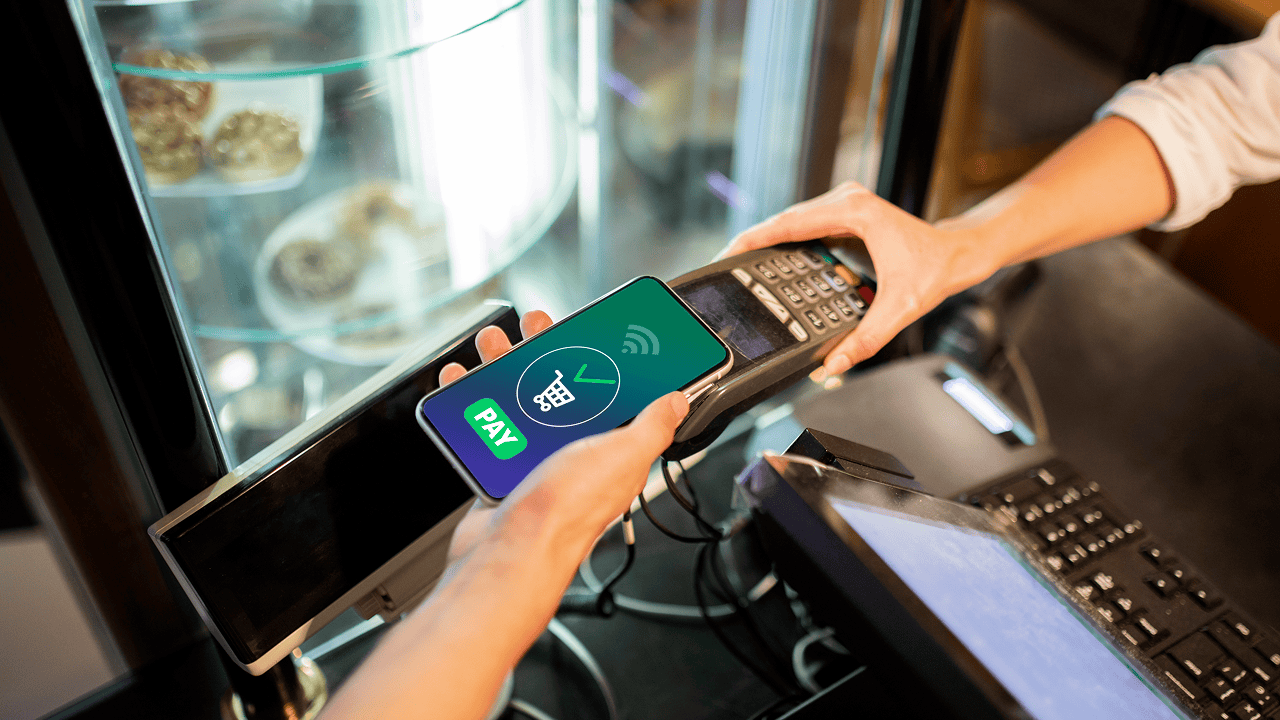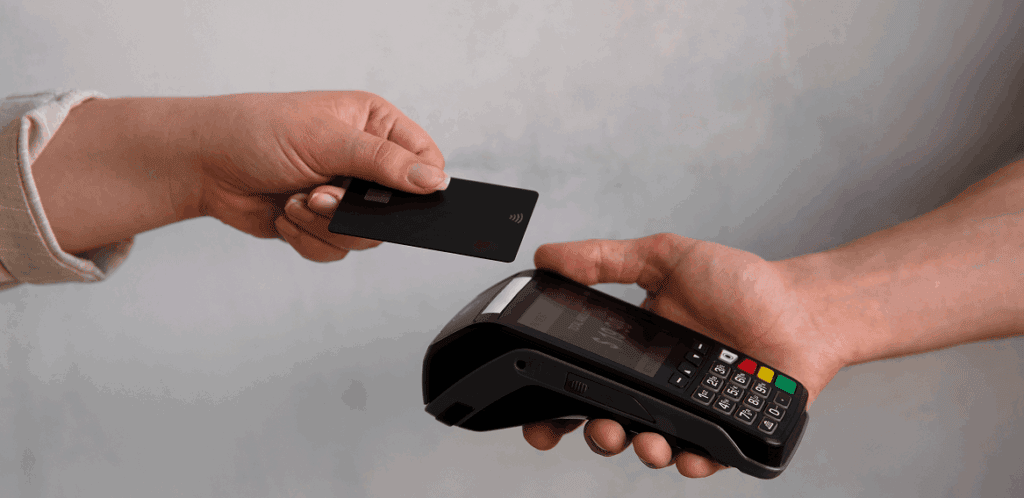
By Sharon Santos July 15, 2025
Medical spas are not like typical salons or general wellness centers. They walk a fine line between healthcare and beauty, offering procedures that range from facials and fillers to more advanced cosmetic treatments like microneedling and laser therapies. Because of this hybrid nature, med spas face a unique set of challenges when it comes to managing payments. Industry-specific payment systems are no longer a luxury but a necessity.
Generic payment platforms often fail to address regulatory needs, patient confidentiality, or specialized billing workflows that med spas require. As this industry grows, so do its demands for secure, compliant, and efficient payment processing tailored to its operational reality.
Understanding the Unique Nature of Med Spas
Med spas are clinical in nature but are often customer-facing like retail and hospitality businesses. They provide elective treatments that combine aesthetics with science. This hybrid position presents a complexity in payment workflows that differs from standard retail or healthcare setups.
Clinical but Consumer-Oriented
Most clients pay directly for services instead of using insurance, making credit card transactions and payment plans essential. These transactions often cover high-ticket treatments which require reliable authorization, installment options, and refund tracking. Unlike traditional clinics, med spas must manage bookings, customer loyalty, and aesthetics-centered sales models within a clinical environment.
Privacy and Trust Expectations
A client visiting a med spa expects discretion. Whether the treatment is for skincare, anti-aging, or body sculpting, customers often look for confidentiality in every interaction. Payment platforms need to be aligned with this expectation, offering secure checkout, digital receipts, and private communication options that respect the sensitive nature of the services provided.

Regulatory Requirements for Payment Systems
In addition to standard business compliance, med spas must align with regulations similar to those required in healthcare and financial services. An industry-specific payment system ensures that no steps are skipped when it comes to safety and compliance.
HIPAA and Data Security
Although med spas are not always bound by HIPAA like full-fledged medical clinics, many offer treatments administered by licensed professionals, which may involve sensitive health data. If client information is stored or shared as part of the payment process, it must be secured using compliant technology. Industry-specific systems are more likely to offer integrations or security protocols that account for medical data protection.
PCI Compliance for Card Payments
Any business that processes credit card information must comply with PCI DSS standards. Med spas often deal with high-value transactions and recurring billing, both of which increase the risk of chargebacks or fraud. A PCI-compliant gateway helps protect against these risks and ensures that all cardholder data is encrypted and securely handled at every stage.

Addressing Complex Billing Scenarios
Med spas frequently offer packages, memberships, and multi-session treatments that require more than just a one-time payment. General POS systems are not designed to manage complex billing needs over time. This is where tailored systems make a noticeable difference.
Recurring Payments and Subscriptions
Clients who opt for monthly facial memberships or multi-session laser packages benefit from automatic billing setups. A secure payment processing platform designed for med spas allows for recurring charges, proration for mid-cycle changes, and automated reminders. This reduces administrative burden while ensuring consistent cash flow.
Installment Plans and Financing
Some treatments can cost thousands of dollars and might require financing options. Industry-specific systems often include third-party integration with financing partners or allow the business to offer in-house installment options. This allows clients to commit to high-value treatments without paying in full upfront while protecting the med spa’s revenue cycle.
Synchronizing Front Desk and Back-End Workflows
In a med spa, front desk operations include not just appointment bookings but also consultations, consents, invoicing, and scheduling follow-ups. A one-size-fits-all POS cannot accommodate the clinical workflows behind these steps. Payment systems tailored for med spas support this complexity with specialized features.
Integrated Scheduling and Payments
Industry-specific systems combine booking engines with payment links, allowing clients to reserve a treatment and pay a deposit online. This automation avoids no-shows and minimizes friction when clients arrive. The front desk staff can focus on hospitality rather than juggling between software tools.
EMR and CRM Integration
Some med spas use EMR or CRM tools to track treatment history and preferences. An ideal merchant gateway security platform integrates with these systems, linking each transaction to patient profiles. This helps staff pull up payment records quickly, manage refunds easily, and maintain continuity in care.
Reducing Errors and Administrative Time
Manual reconciliation, data entry errors, or incorrect billing are more than just clerical issues in a med spa. They directly impact client satisfaction and revenue consistency. Payment tools designed specifically for this environment help automate and streamline such tasks.
Automated Reconciliation
With integrated payment systems, each transaction is automatically matched with appointments and invoices. This means there’s less room for discrepancies or manual errors, saving time during end-of-day reconciliation. Systems tailored to the med spa model ensure that multi-treatment sessions, add-on sales, and taxes are accounted for accurately.
Transparent Invoicing
Clients want a breakdown of what they’re paying for. Whether it’s an upfront service, an add-on like a peel or serum, or a pre-purchased package being redeemed, industry-specific systems make it easy to present this information clearly. This transparency builds trust and improves client retention.

Enabling Mobile and Contactless Transactions
Modern clients expect convenience. Whether they are pre-paying online, using Apple Pay at checkout, or getting a link for remote payments, med spas need to offer a wide range of payment options. Tailored platforms usually support more advanced digital payment experiences.
On-the-Go and In-Room Payments
For high-end spas where treatments may happen in-room or where portable devices are needed, mobile POS devices allow payments to be taken anywhere. This is especially useful for boutique spas or those operating in multiple rooms without a centralized checkout.
Contactless and Digital Wallets
Touch-free payments are now standard in many personal care businesses. Med spas can use PCI-compliant gateway systems that allow tap-to-pay, mobile wallets, and QR code transactions. These methods are faster and more secure, enhancing customer satisfaction and reducing checkout bottlenecks.

Managing Tips and Staff Incentives
Tipping structures in med spas differ from those in salons. Sometimes the service is medical and doesn’t require tips, other times it’s a hybrid service where tipping is customary. Payment systems designed for this setting account for these differences.
Optional Tipping Prompts
A tailored system gives the option to prompt for a tip when appropriate while allowing discretion when a medical professional is involved. This flexibility helps avoid awkward client moments while still rewarding staff where applicable.
Commission and Incentive Tracking
Tracking staff commissions on product upsells, service add-ons, or memberships is a critical operational need. Systems built for med spas allow business owners to attribute payments to specific service providers and calculate commissions automatically, reducing back-office workload.
Protecting Against Chargebacks and Fraud
Chargebacks can be particularly damaging in the beauty and medical space, where services once delivered are hard to prove or refund. Fraud protection tools tailored to med spas help reduce financial loss and prevent disputes from escalating.
Detailed Transaction Logs
Industry-specific payment platforms maintain detailed logs with time-stamped records of transactions, linked services, and staff involved. This level of detail is useful in responding to chargeback claims and establishing the legitimacy of service delivery.
Secure Card Storage for Repeat Clients
Repeat clients appreciate convenience. Systems with secure payment processing allow for tokenized card storage that is both convenient and PCI-compliant. This allows faster repeat purchases, subscription renewals, and tip additions, without re-entering card details each time.
Supporting Multi-Location Growth
Many med spas expand to multiple locations or add pop-up treatment rooms. This expansion creates more complexity in tracking payments across sites. A generic POS may not scale well, but a purpose-built platform allows centralized control with local flexibility.
Centralized Dashboard
Owners and managers can track transactions across all locations from one dashboard. This supports better decision-making, simplifies reporting, and maintains operational consistency across branches.
Role-Based Access
Different team members have different responsibilities. Industry-specific platforms often come with role-based permissions so only authorized users can access financial data. This protects sensitive information and helps keep staff accountable.
Future-Proofing Operations
Technology evolves quickly, and med spas need tools that are ready for future demands. From AI-enhanced booking to personalized treatment offers, the future lies in integrating smart business tools with secure payments.
Data-Driven Insights
Tailored systems help analyze client spend patterns, popular service combinations, and peak hours. These insights can improve promotions, staff scheduling, and inventory management. They also enable med spas to create more personalized experiences that drive loyalty.
Scalability and Integration
As med spas grow or diversify their services, having an industry-specific system ensures that new modules can be added with minimal friction. This includes syncing with digital marketing tools, telehealth platforms, or virtual consultations.
Conclusion
For med spas, a generic payment system is not enough. The intersection of clinical treatments, high customer expectations, and sensitive personal data calls for tailored tools that are built to handle operational and compliance complexity. From managing recurring memberships and financing to ensuring merchant gateway security, the right payment platform empowers med spas to run smoothly, build trust, and prepare for growth.
FAQs
What makes a payment system industry-specific for med spas?
An industry-specific payment system includes features like recurring billing, secure client data storage, tipping flexibility, EMR integration, and HIPAA or PCI-compliant security. These tools are designed for the unique needs of med spas, unlike generic POS systems.
Are med spas legally required to use HIPAA-compliant payment tools?
Not always, but if the med spa stores or transmits any protected health information, HIPAA compliance becomes relevant. Using a PCI-compliant gateway and secure software reduces the risk of non-compliance and data breaches.
Can med spas offer financing through these payment systems?
Yes, many secure payment processing systems tailored for med spas offer built-in financing tools or integrations with third-party finance providers, allowing clients to pay in installments without disrupting business cash flow.